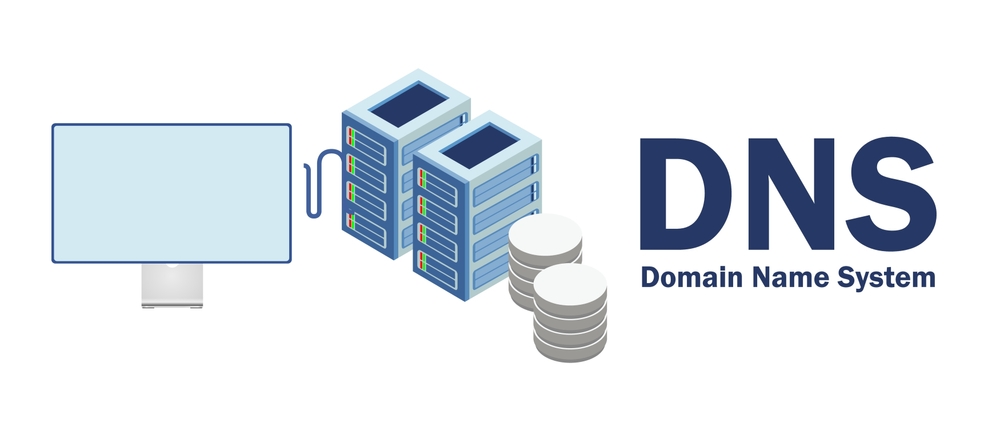Domain Name vs Business Name: What’s the Difference & Why It Matters
When launching an online business or website, two essential branding decisions often confuse entrepreneurs: choosing the business name and the domain name. While they might sound interchangeable, they serve different purposes—and aligning both strategically is key to building a successful online identity.
We’ll explore domain name vs business name, their differences, importance, and how to choose the right ones for your brand.
What Is a Business Name?
A business name is your brand’s official identity used for legal, marketing, and branding purposes. It’s how your audience will know and recognize you offline and online.
Key Characteristics:
-
Registered with government authorities
-
Appears on contracts, invoices, and bank accounts
-
Used for branding and advertising
-
Must be unique within your region or industry
Example: FreshHarvest Organics Pvt. Ltd. is a business name used for legal and marketing identity.
What Is a Domain Name?
A domain name is your website’s address on the internet—essentially, your digital location. It’s how users find your website online.
Key Characteristics:
-
Used to access your website (e.g., www.yourbrand.com)
-
Must be registered with a domain registrar
-
Can differ from your business name
-
Affects online branding, SEO, and user recall
Example: The domain name for FreshHarvest Organics might be freshharvest.com.
Domain Name vs Business Name: The Key Differences
| Feature | Business Name | Domain Name |
|---|---|---|
| Purpose | Legal and brand identity | Online/web identity |
| Registration | Government or local authority | Domain registrar (e.g., GoDaddy) |
| Format | Words with legal suffix (LLC, Pvt. Ltd.) | URL (e.g., .com, .in, .net) |
| Legal Protection | Trademark or business registration | Domain ownership rights |
| Usage | Used on legal docs, ads, packaging | Used for websites, email, links |
Should Your Domain Name Match Your Business Name?
Ideally, yes—but not always.
Matching them improves consistency, trust, and brand recall. However, due to domain availability issues or branding strategy, variations can work too.
When to Match:
-
You have a short, brandable business name
-
The exact domain name is available
-
You want consistent branding across platforms
When It’s Okay to Vary:
-
The exact domain is taken
-
You want to add keywords for SEO (e.g., yourbranddesigns.com)
-
You’re targeting a specific location (e.g., yourbrand.in)
Pro tip: Even if your domain name slightly differs, keep it relevant and easy to remember.
How to Choose the Right Domain and Business Name
1. Start with the Business Name
Pick a name that’s brandable, relevant, and unique. Check business name availability locally and ensure it’s not already trademarked.
Use a tool like Namechk to verify availability across platforms.
2. Check Domain Availability
Once you’ve shortlisted a business name, check domain name availability using sites like:
Try to secure the .com version if possible—it’s still the most trusted domain extension globally.
3. Register Both Early
Don’t wait—domains can be bought by others even if you’re still planning. Register your domain and business name as soon as you finalize them.
Need help registering your domain and setting up your site? Contact us for expert assistance.
Mistakes to Avoid
Picking a Business Name Without Domain Research
You may end up with a great brand name but no matching domain available.
Using Long or Complicated Domain Names
These are hard to remember, mistyped often, and look unprofessional.
Assuming Domain Ownership Equals Trademark Protection
Having a domain doesn’t mean you own the trademark. Always do a legal trademark check separately.
Final Thoughts
Understanding the difference between a domain name vs business name helps you make smarter branding choices. While your business name is your official brand identity, your domain is your digital address—and both must align to create a strong, consistent presence online.
Choose a name that represents your brand, resonates with your audience, and is available for both legal use and online presence.
Need help building your online brand from scratch? Reach out to our team for personalized support.








